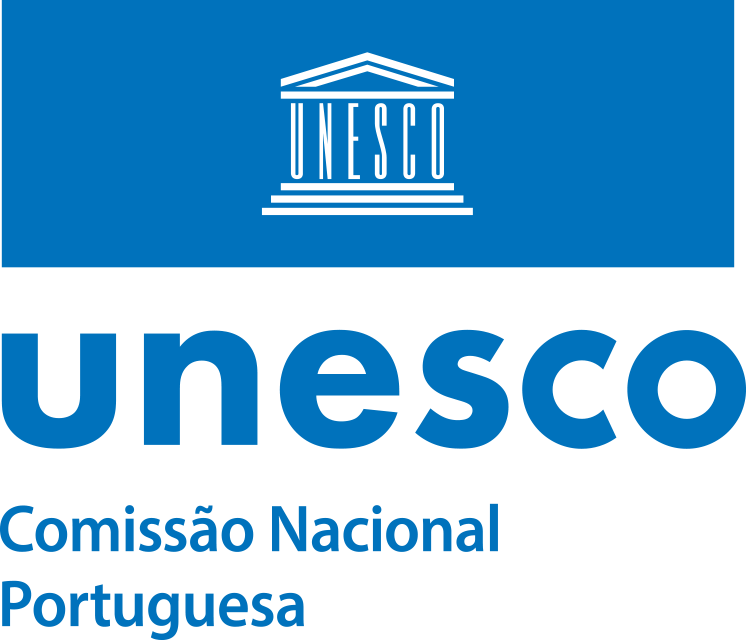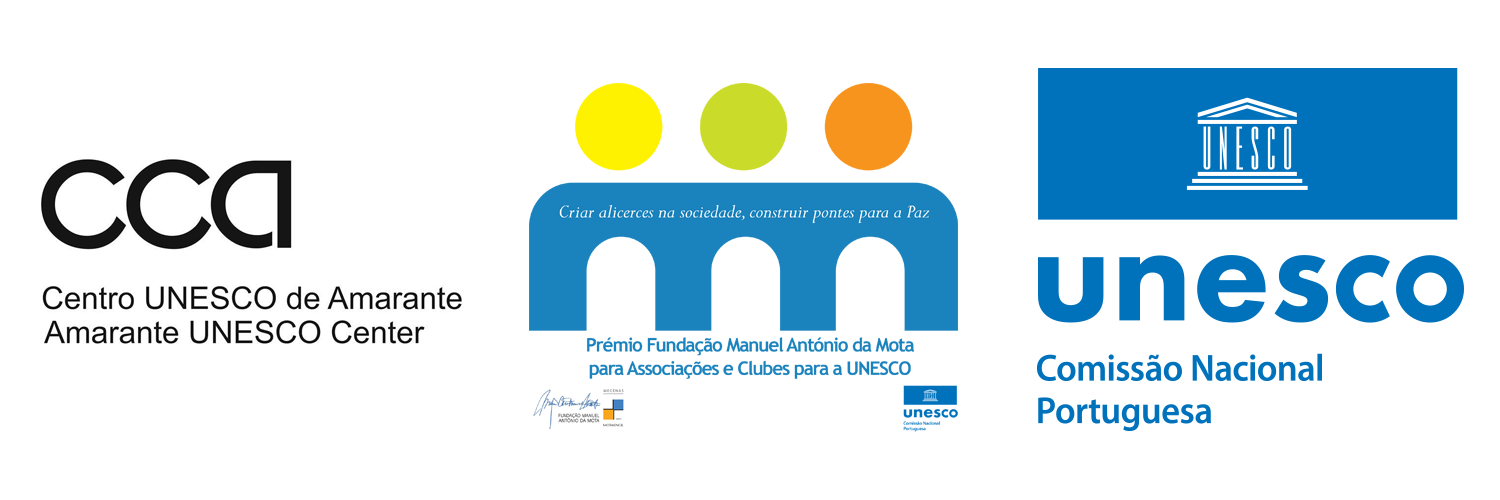If it’s your first holiday season in sobriety and you have limited friends from support groups, this is a great chance to get to know people in the meetings. Some examples of people you may meet are those that are new to sobriety or those who have come a long way. Connect with them, get their phone numbers and keep in touch over the holidays. The holiday season is great for reconnecting with old, supportive friends and recovery acquaintances.
Develop a Relapse Prevention Plan
- It’s not a denial of who you are or what you’ve done, but a celebration of who you are now and how far you’ve come.
- You may find that you have so much free time on your hand now that you’re not using substances anymore.
- For example, drinking alcohol can be an escape mechanism if you’re struggling in your marriage or dealing with trauma.
- By setting up a proactive plan, you can approach each holiday event with confidence.
You can’t achieve a year of sobriety without a full month. Heck, you can’t achieve a month of sobriety without a full Drug rehabilitation day. However, don’t look at it like you’re “getting through” the days. Concentrate on making it your own day, not a day that belongs to drinking or using drugs. You’ll overwhelm yourself if you think about sobriety in long increments. If you are sober, but follow the same routine without making any changes in your life, it is easier to slip into old habits and behaviors.

Tips for Navigating Family Gatherings and Social Events
While some may relapse, others may not experience a slip in recovery. Acknowledging sober accomplishments in another can go a long way in promoting long-term sobriety in addiction recovery. Celebrating someone’s sobriety can take many forms, depending on the relationship with the individual and where they are in their recovery journey.
Avoid Overconfidence
However, you should know that this time isn’t being wasted. And family and work commitments will only flourish if you take this time for yourself. For example, if family or certain social gatherings tend to be a source of conflict or family drama, just meet and greet there. If there’s no choice but to attend these holiday gatherings, make sure you have a plan to address the tensions that arise. You might even encounter high-functioning alcoholics during gatherings. Their alcohol consumption might put you off your game.
Self-Care Practices Tailored for the Holidays
Recognizing these triggers helps you prepare, making it easier to avoid risky situations. If you’ve been using substances heavily or for a long time, it’s important to seek medical guidance for withdrawal. Detoxing from alcohol or drugs can be dangerous without proper supervision, and a medical professional can help you manage symptoms and stay safe during this phase. When it comes to addiction recovery, the only thing harder than getting sober is staying sober.
It also involves having a network of family, friends, or a community of people that offer guidance and support on the journey to recovery. In recovery, you’ll learn to manage them, rather than eliminate them. Tools for managing triggers may include the phone number of a support person, a comfort object, a calming mantra, and other healthy coping strategies. Craving cues can vary from individual to individual and may include emotional triggers, environmental stimuli, tips to stay sober social situations, or internal thoughts and feelings.
Make social plans that don’t focus on drinking
- However, there are some techniques and coping mechanisms that have been proven to reach results.
- This does not mean, however, that you have to be perpetually busy.
- Alcohol withdrawal symptoms can be dangerous, if not deadly.
- You want to create a daily routine that helps you feel calm and focused.
Share your decision to stay sober and ask for their encouragement. Stress is a common trigger for many people in recovery. Learning and regularly practicing stress-reduction techniques can help you manage triggers more effectively. Professional support is a key component of a comprehensive recovery plan. A therapist or counselor specializing in addiction recovery can provide personalized guidance and help address underlying issues contributing to substance use.
Something simple like working at your local (walking distance) deli. You’ll save money on gas, potentially groceries, and keep yourself busy in a productive manner. This gives you a quick and easy explanation for why you aren’t drinking. It also gives you a sense of purpose that can help you stay focused. If you recently had surgery or an injury, your doctor will be careful with the pain medication they give you, because some of those drugs can make you more likely to relapse. Ask your doctor about nonmedical ways to manage your pain, like massage or acupuncture.

Having a routine can make you feel like you have purpose. It also increases productivity which can make you feel like you have your life together and are accomplishing goals you have set for yourself. PAWS symptoms can include anxiety, dysphoria, sleep disturbance, cravings, cognitive impairment, and irritability. See a doctor or addiction specialist to assess your physical and mental health before detox. Family support can significantly impact long-term sobriety. Repairing and strengthening family relationships is often a crucial part of the recovery process.
More Substance Use Tools
For others, the season can highlight loneliness, especially for those separated from loved ones or rebuilding connections post-recovery. Once you’re past the initial hurdles, the benefits of sobriety will start to become clearer. These benefits go far beyond just physical health—they impact nearly every area of your life. It’s also important to celebrate your successes along the way.
People who reach certain sober milestones receive pins or chips, acknowledging their achievements. These people can understand your experiences better and give you the support you need in your recovery. Support groups such as Alcoholics Anonymous (AA) and SMART Recovery are open to anyone with a substance abuse problem.




